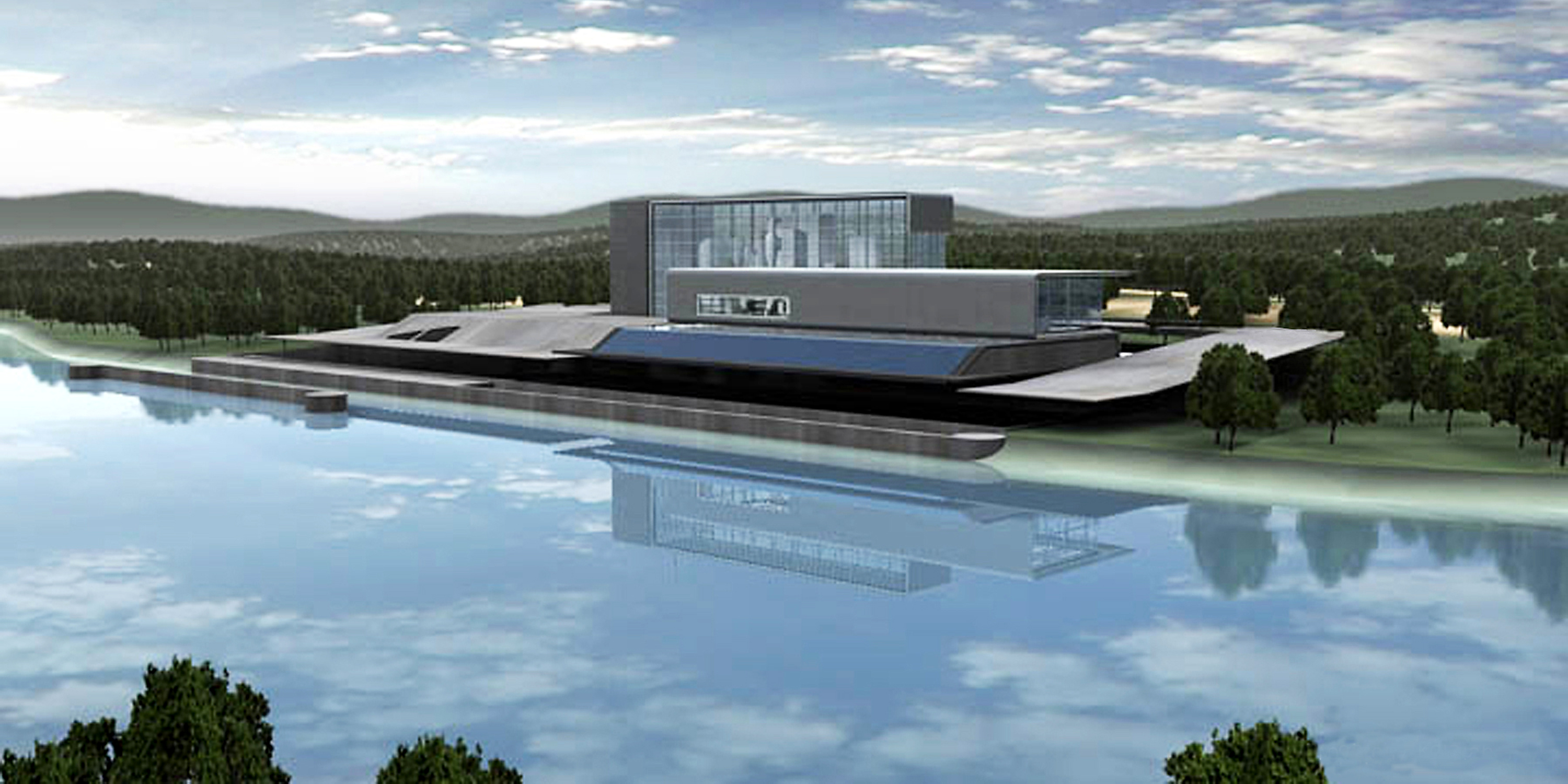 |
| Artist rendering of the proposed FutureGen clean coal project near Meredosia, Ill. |
Several coal companies working with the government on the long-planned $1.65 billion FutureGen clean-coal project said Tuesday they have no choice but to shut it down after the Department of Energy suspended the majority of its funding, the Associated Press reports.
"The department confirmed that it will not provide the $1 billion in stimulus funding it had committed to the project, which aimed to refit a coal-fired power plant near Meredosia in western Illinois and store carbon dioxide from the coal underground.
"The FutureGen Alliance, the companies working on the project in western Illinois, said they were disappointed by the news but had no way to make up the money.
"The federal funding was the key component," FutureGen Alliance spokesman Lawrence Pacheco said, adding that the Department of Energy told the alliance that the project couldn’t realistically use the federal stimulus funds by the September deadline to do so.
Energy Department spokesman Bill Gibbons would say only that the agency suspended funding "in order to best protect taxpayer interests." He added that the project had provided useful research on carbon sequestration.
As recently as last September, the project reached what the FutureGen Alliance called a major milestone when the U.S. Environmental Protection Agency issued permits for FutureGen to start storing carbon underground.
According to the Department of Energy, it has spent $116.5 million on the power plant and $86 million on the underground storage site.
New Jersey flirted with a carbon sequestration project in the city of Linden in 2009.
The $5 billion PurGen proposal called for construction of a 500 megawatt, coal-fueled power plant incorporating a 100-mile, underground pipeline to push the plant’s CO2 emissions underground to a point 70 miles off the coast and about 2,200 yards beneath the Atlantic Ocean.
The $5 billion PurGen proposal called for construction of a 500 megawatt, coal-fueled power plant incorporating a 100-mile, underground pipeline to push the plant’s CO2 emissions underground to a point 70 miles off the coast and about 2,200 yards beneath the Atlantic Ocean.
That proposal was scuttled by the Gov. Chris Christie’s DEP in 2011.
Was this post of value to you? Click here for free updates



